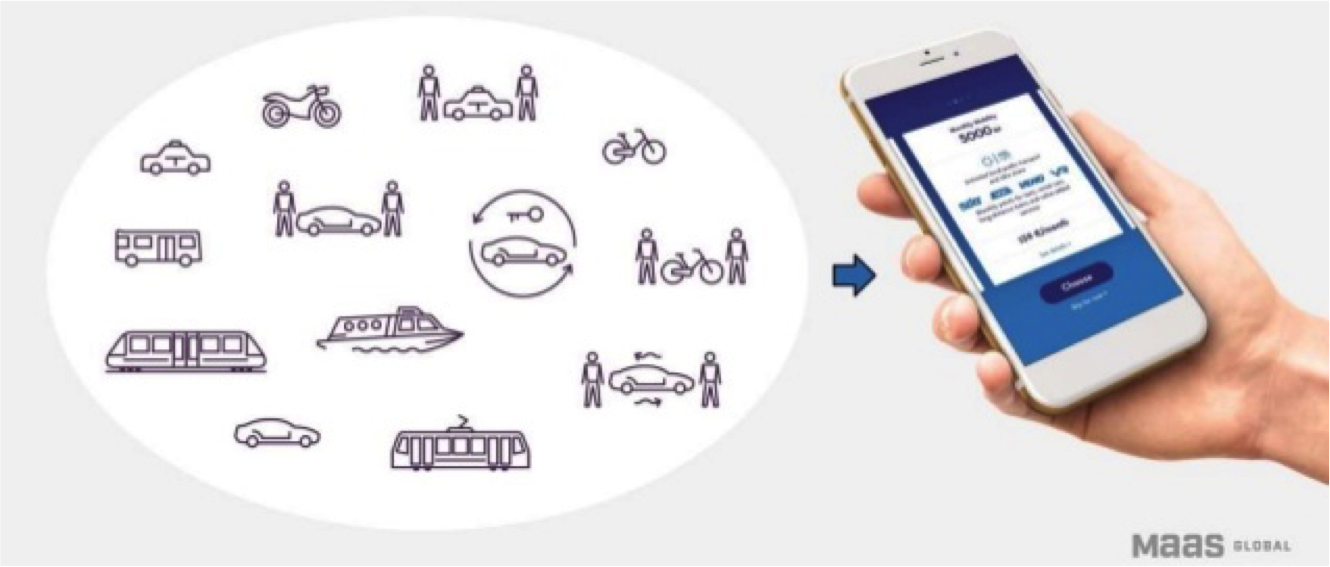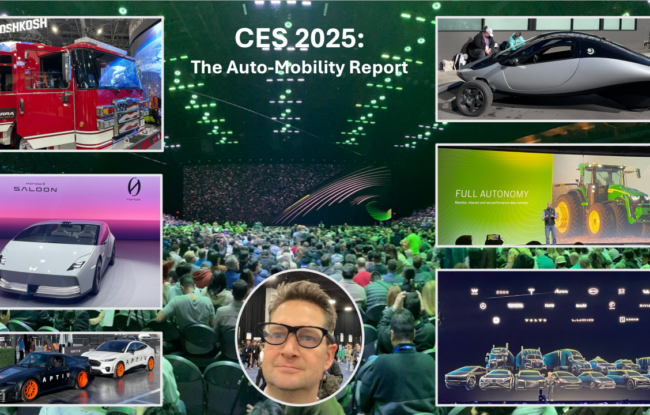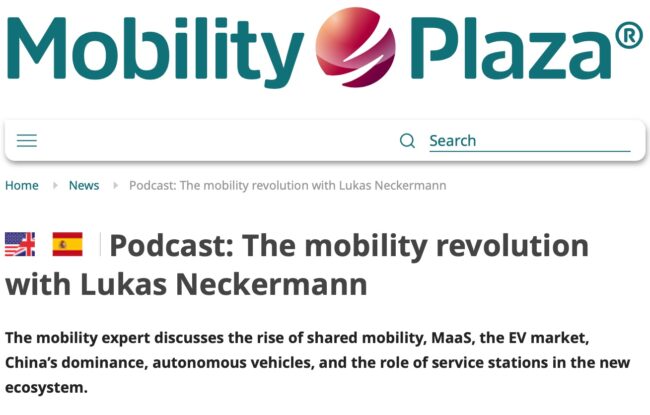
Sampo Hietanen, CEO and Founder of MAAS Global
Sampo Hietanen is CEO and Founder of MaaS Global – the Finnish company behind Whim, a mobile app that allows you to travel via multiple transport modes including public transport, taxis and carshare. I interviewed Sampo for my new book, Smart Cities, Smart Mobility: Transforming the way we live and work. This is an excerpt of our interview.
Is mobility-as-a-service (MaaS) something that can work in every city?
Yes it is. MaaS is much more scalable than different transportation services because the pieces for making it happen already exist. All it really needs is being able to purchase the existing pieces of the puzzle. The magic is to combine the existing and developing transport services to create a complete set of mobility for an individual. In Mexico City there are 30,000 small buses, 200,000 taxis, metros and car rentals. In Berlin there is great public transport, carsharing services, taxis, scooter shares and much more. It is about differentiating the aggregating layer (MaaS operators) from transportation providers. To keep it in balance I see no option for transportation providers staying closed.
How might a MaaS proposition work outside of a city – even across country borders?
MaaS operators are naturally international or shall evolve into such through consolidation. So roaming services will certainly happen. I would suspect that MaaS will spread in the same way as mobile broadband – first there is better coverage in the cities and eventually the need for coverage will make the service available outside cities. There are already a few good examples in Finland of MaaS in quite rural areas. The offering is a bit different but the idea remains the same. It is making sure you get from any A to any B any time.
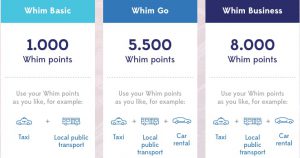 Is ‘flat rate mobility’ the natural consequence of a move towards MaaS?
Is ‘flat rate mobility’ the natural consequence of a move towards MaaS?
I would take the comparison from telecom. We shall have many different approaches where the budget and risk of costs are divided between operator and user. Eventually it seems to go towards flat rates with growing penetrations, since it leaves most space to differentiate from production-based pricing to aspiration-based. There are many ways of making a flat rate though.
Will MaaS address issues of air quality and congestion in our cities? Is it conceivable that easy access to mobility might make congestion worse in some cities?
It all comes down to making the rules of business early. It is possible that personal kilometres might go up, although nothing seems to point towards that. The best way to make sure that policy goals are met with this disruption is to make the city and its public transport as pluggable for all innovation as possible.
There are also new ways of driving transport towards policy goals. Using incentives, market regulation and urban design can be much more cost-effective than more traditional tools. Cities and governments are not currently well equipped for these methods.
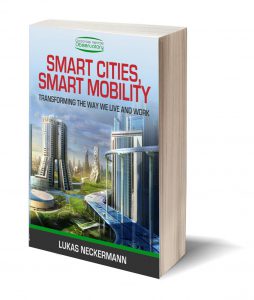 You’ve renamed your organisation MaaS Global (previously MaaS Finland). Will you alter your business model as you expand?
You’ve renamed your organisation MaaS Global (previously MaaS Finland). Will you alter your business model as you expand?
We want to move to four new areas in 2017 and become global by 2020. The offering will move more and more towards service promise, and eventually when you can trust that we can get you comfortably anywhere, any time, we will go more into [the user] experience. We will always make sure that the aspiration part is there in the package. After all, why would we destroy the good legacy that car industry has made in bringing dreams into mobility?
Lukas Neckermann (@LNeckermann) is an Advisor to NEXT Future Transportation Inc., Flock, and Splyt, and a frequent keynote speaker with a focus on transforming mobility. Smart Cities Smart Mobility has been kindly supported by the Corporate Vehicle Observatory and will be available as an eBook at major bookshops Mid-June 2017.

